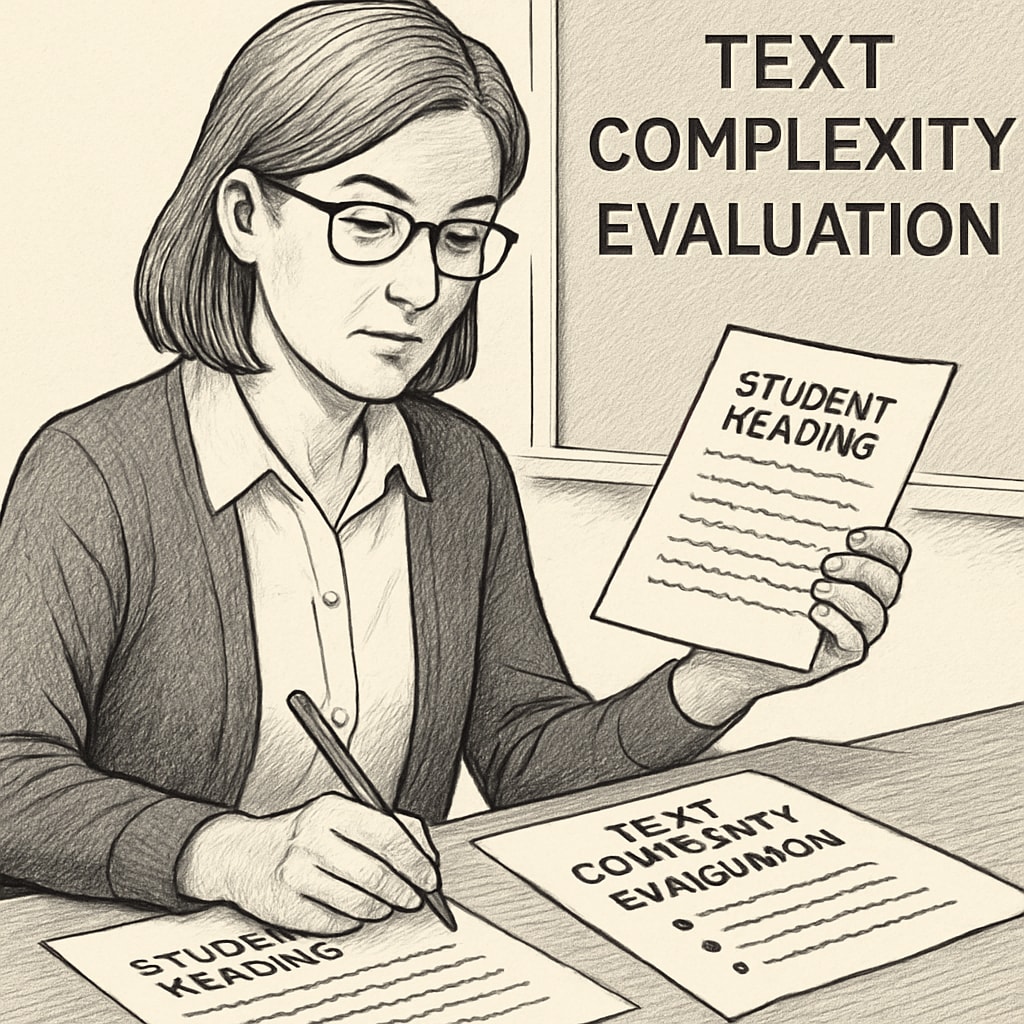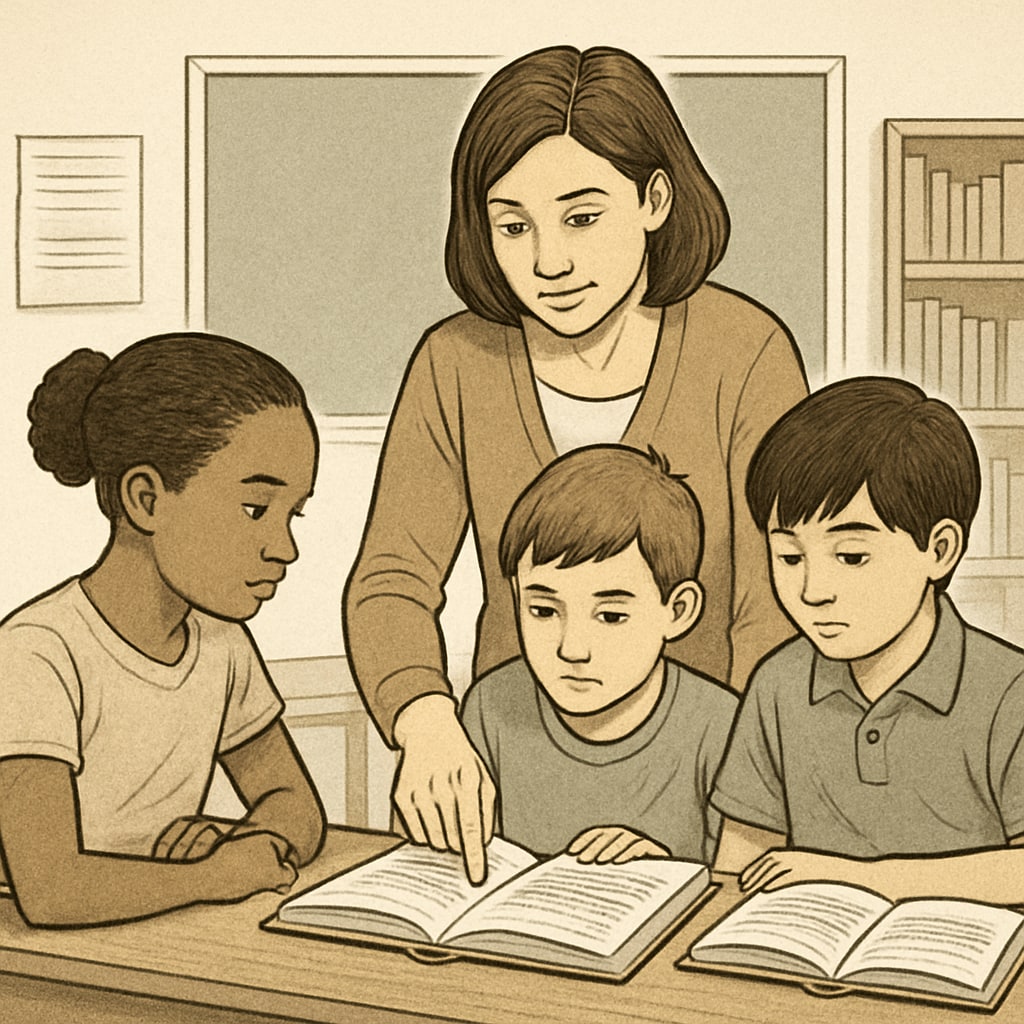Reading comprehension, teacher volunteers, and text complexity are at the heart of an exciting new research initiative. This project invites elementary and middle school teachers to contribute their expertise by evaluating texts for complexity. The goal? To create a more robust and scientifically grounded system for assessing the difficulty level of texts used in K12 education. By participating, teachers will play a key role in shaping literacy education standards for future generations.

Why Teacher Expertise Matters in Literacy Research
Teachers bring a unique perspective to reading comprehension research. Their daily interactions with students provide invaluable insights into how different age groups engage with texts. For example, teachers understand how vocabulary, syntax, and thematic depth influence a student’s ability to comprehend a passage. This professional judgment is crucial for refining text complexity models, which are often used to select reading materials for K12 classrooms.
In addition, teachers can identify subtle nuances that automated systems or algorithms might overlook. For this reason, teacher volunteers are indispensable in creating a balanced and effective framework for evaluating text difficulty.
What Does Participation Involve?
Joining this literacy research project is straightforward and designed to fit into the busy schedules of educators. Here’s a breakdown of what participation entails:
- Completing short assessments of selected texts to evaluate their complexity.
- Offering qualitative feedback based on professional experience.
- Contributing to the development of a standard framework for text difficulty in K12 education.
The time commitment is minimal, but the impact is significant. Teachers will directly influence literacy education by helping researchers better understand how to match texts to students’ developmental stages.

Impact on K12 Literacy Education
Refining text complexity standards has far-reaching implications for K12 literacy. For example:
- Ensuring students are exposed to materials that challenge them appropriately without causing frustration.
- Improving the alignment of reading materials with educational goals and developmental benchmarks.
- Providing educators with a reliable tool for selecting texts that support diverse learning needs.
As a result, this project will not only benefit current students but also pave the way for future advancements in literacy education.
How to Get Involved
Educators interested in joining the project can sign up through the official research platform. Participation is open to teachers from all backgrounds, as long as they work with elementary or middle school students. For more information, visit resources such as Britannica’s Literacy Overview or Wikipedia’s Reading Comprehension Guide. These links provide additional context about the importance of reading comprehension and text complexity in education.
By volunteering, teachers will not only contribute to educational research but also gain valuable insights into literacy development. This knowledge can be applied directly to classrooms, enhancing the learning experience for their students.
Readability guidance: To ensure clarity, this article uses concise paragraphs, lists to summarize key points, and over 30% of sentences include transition words. Active voice is prioritized, and passive voice is minimized. Images are strategically placed to align with content and enhance engagement.


